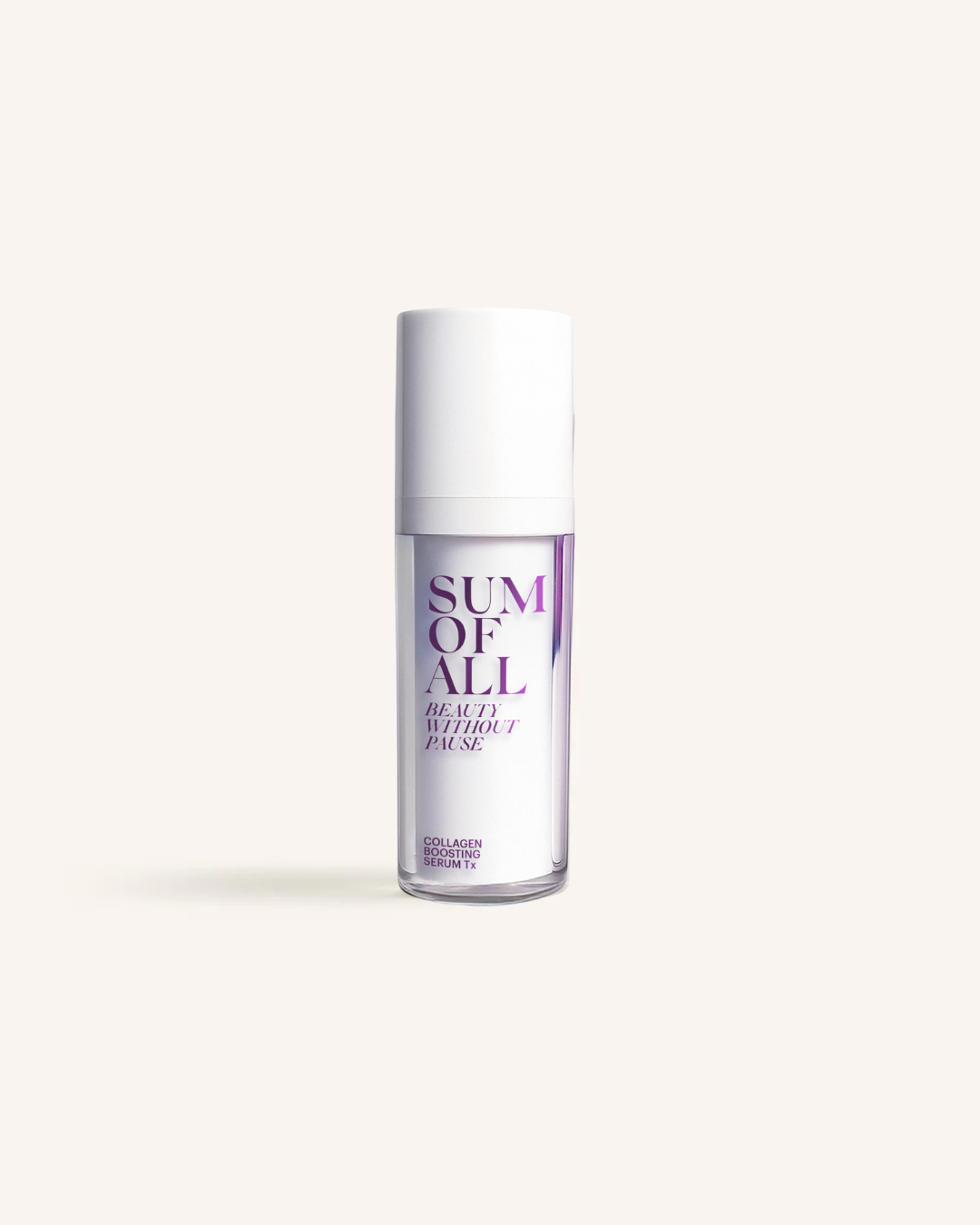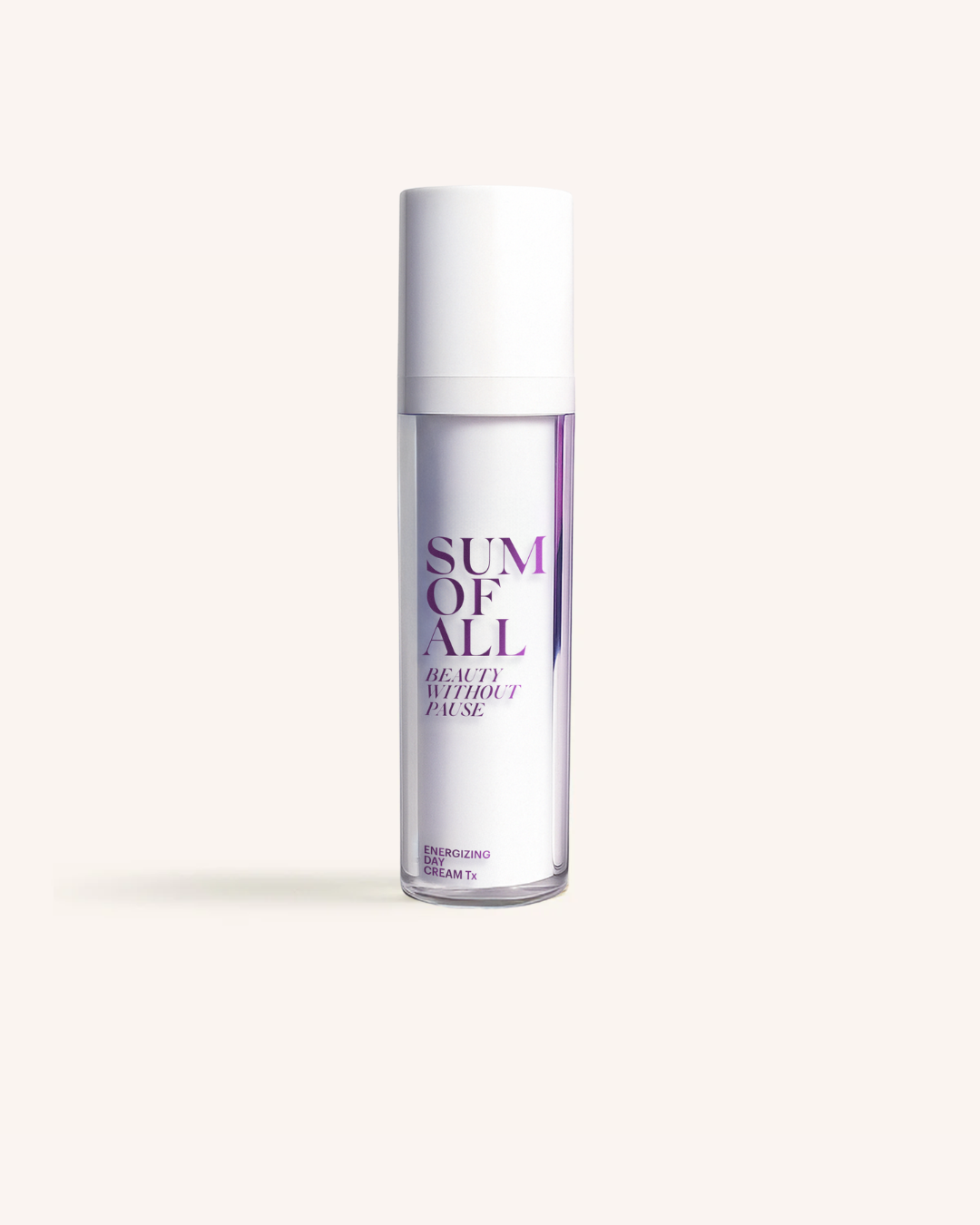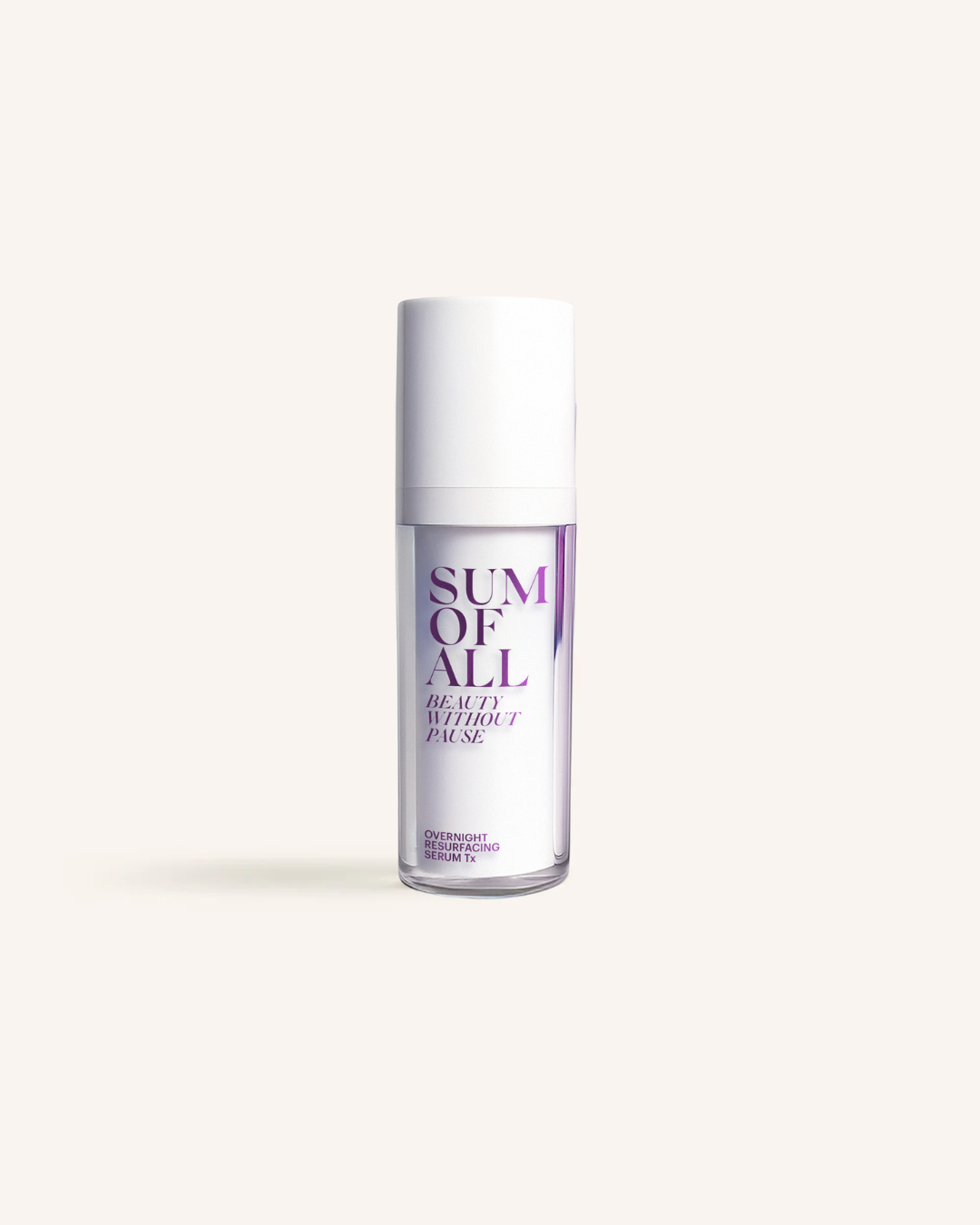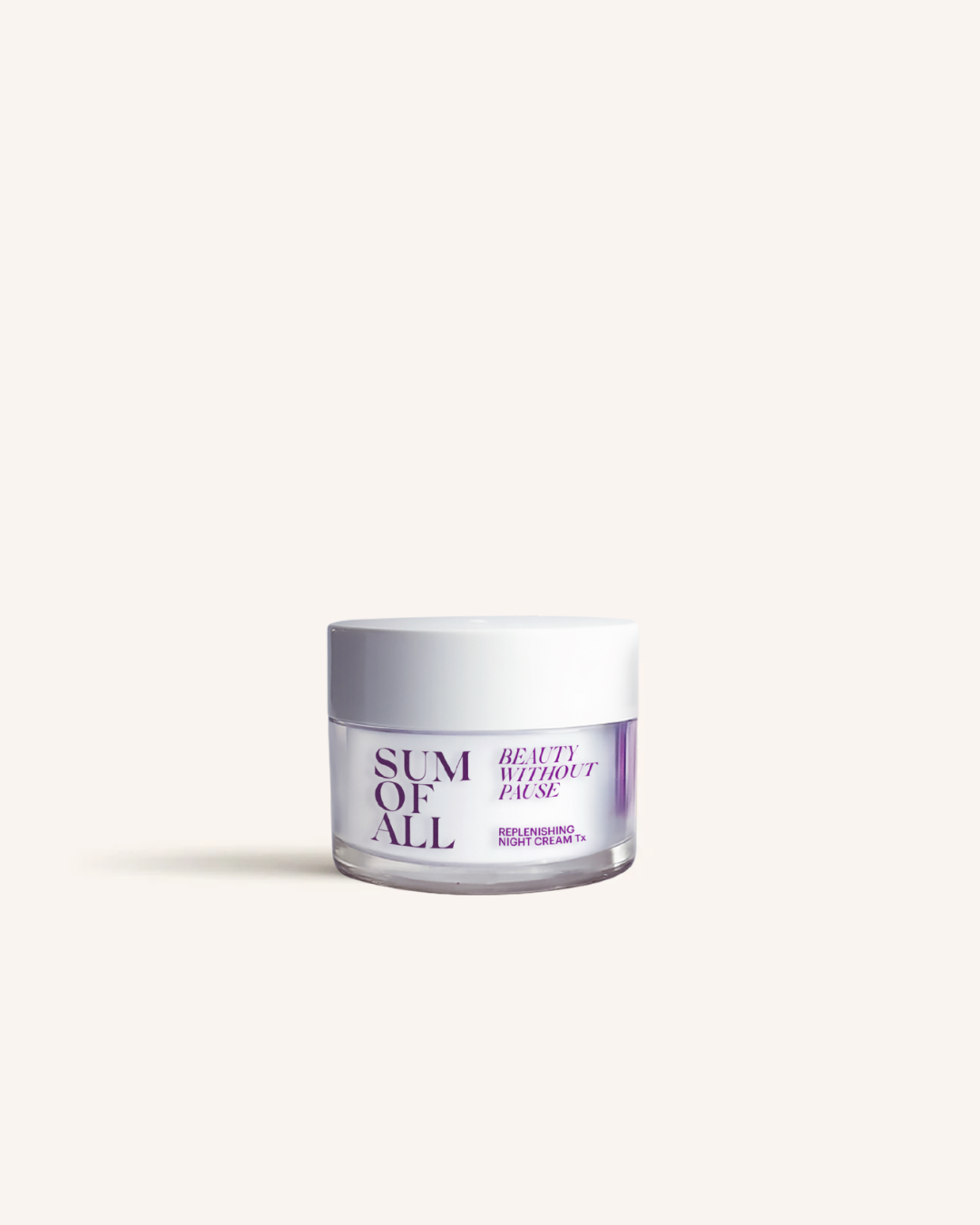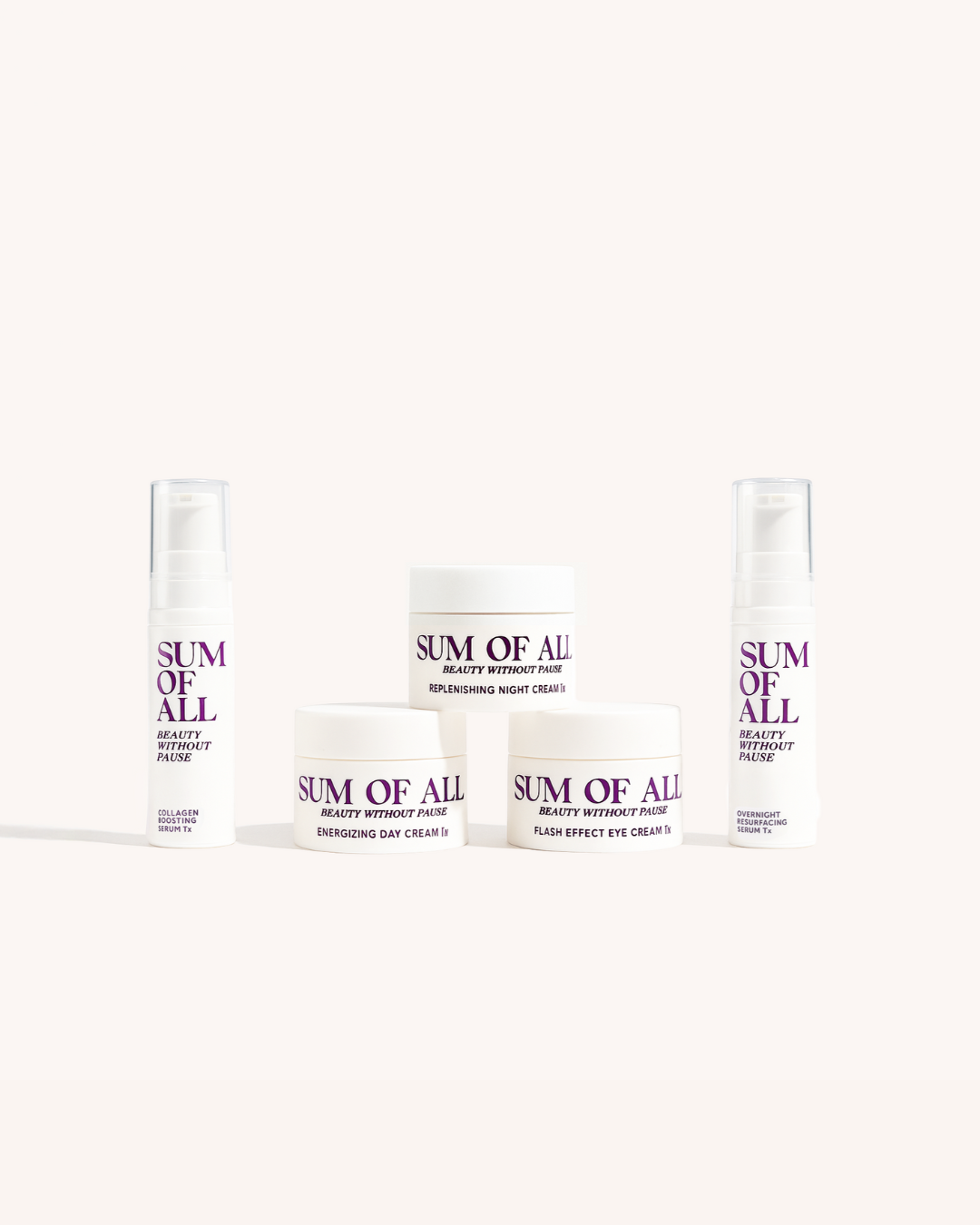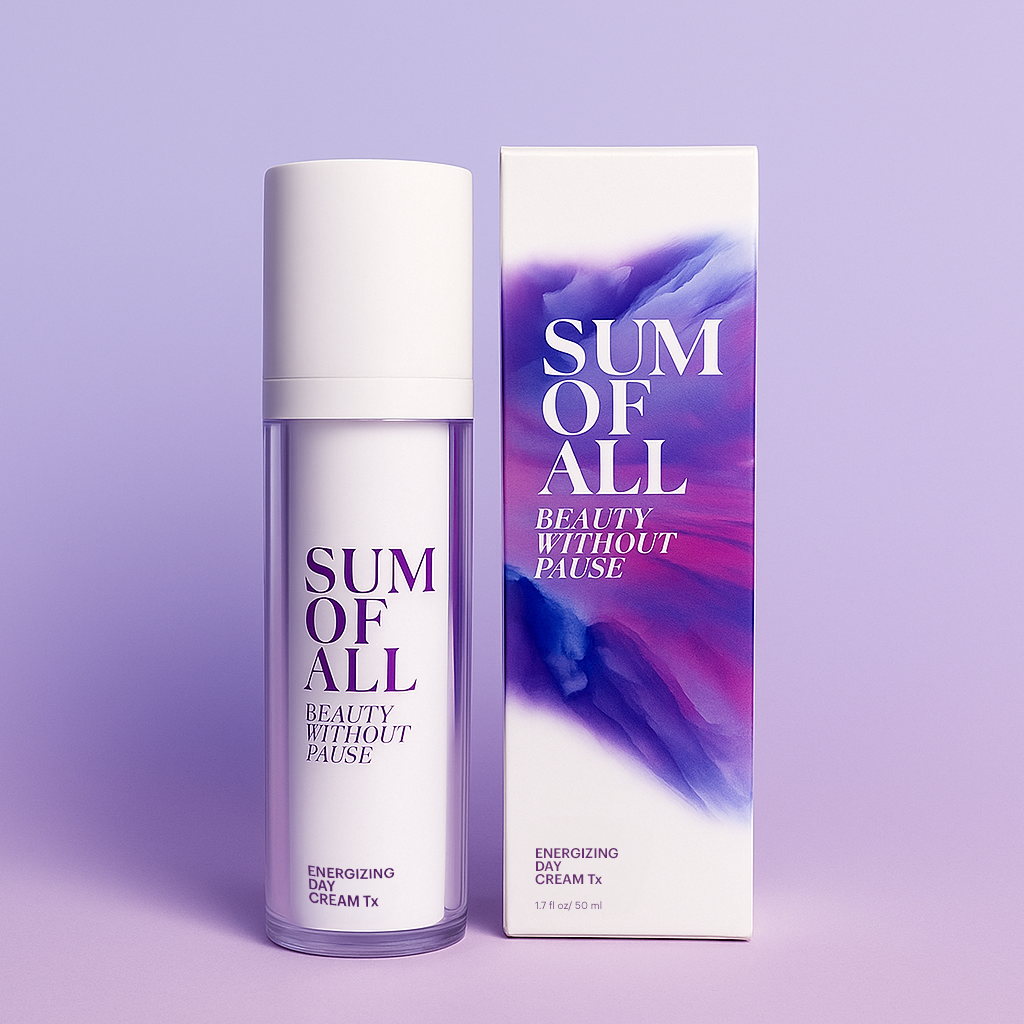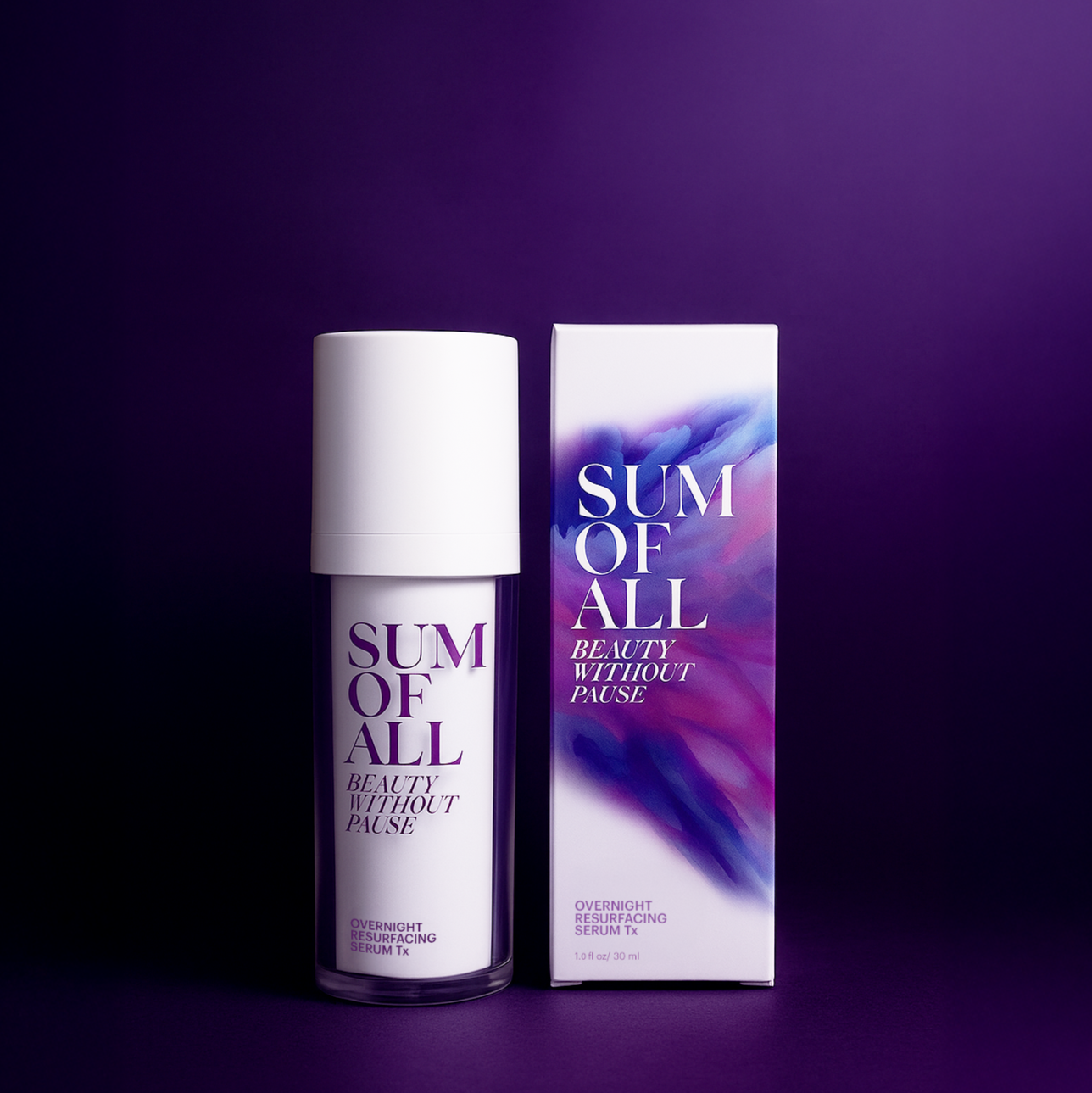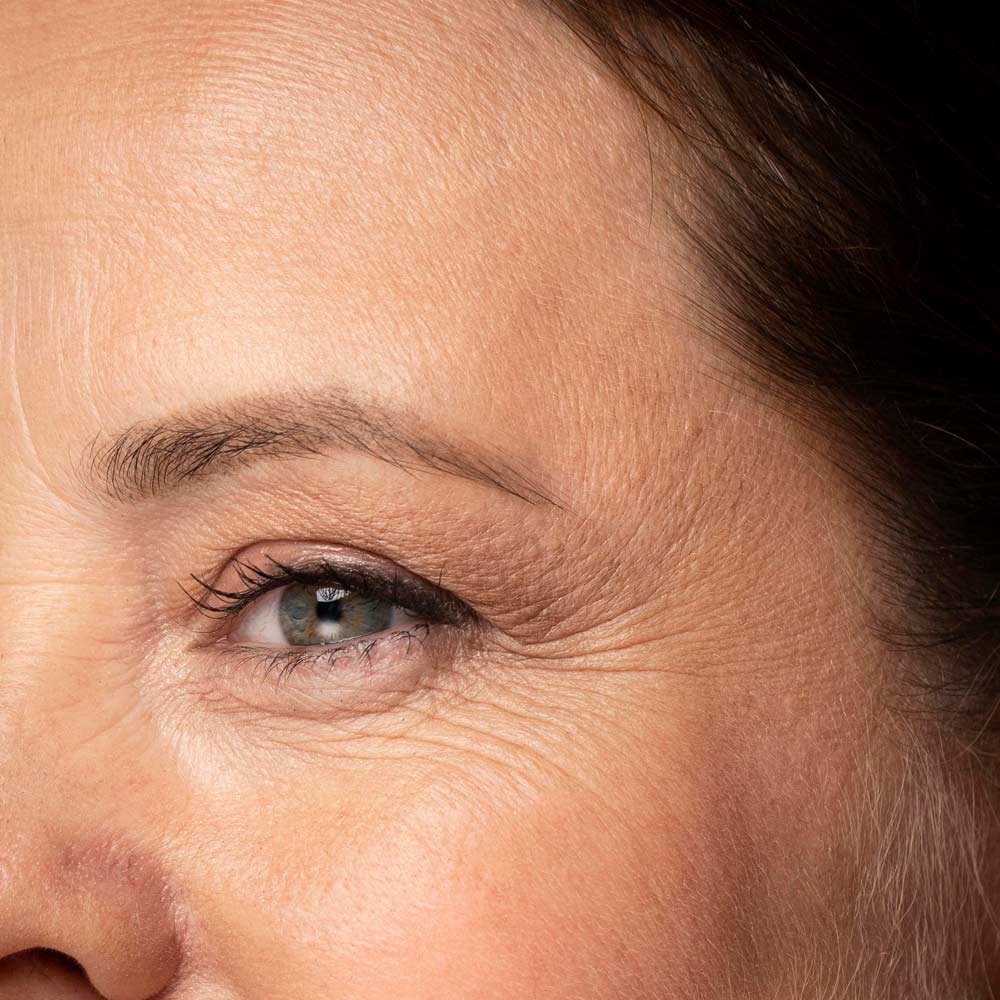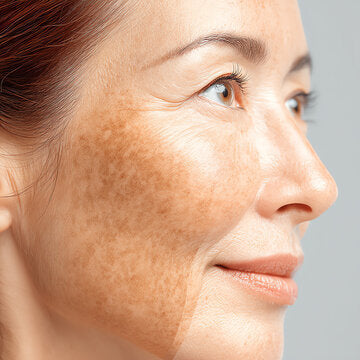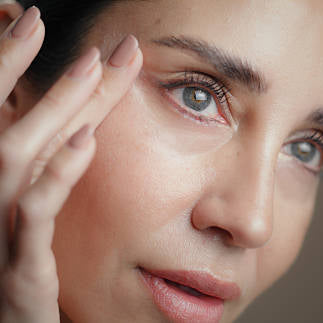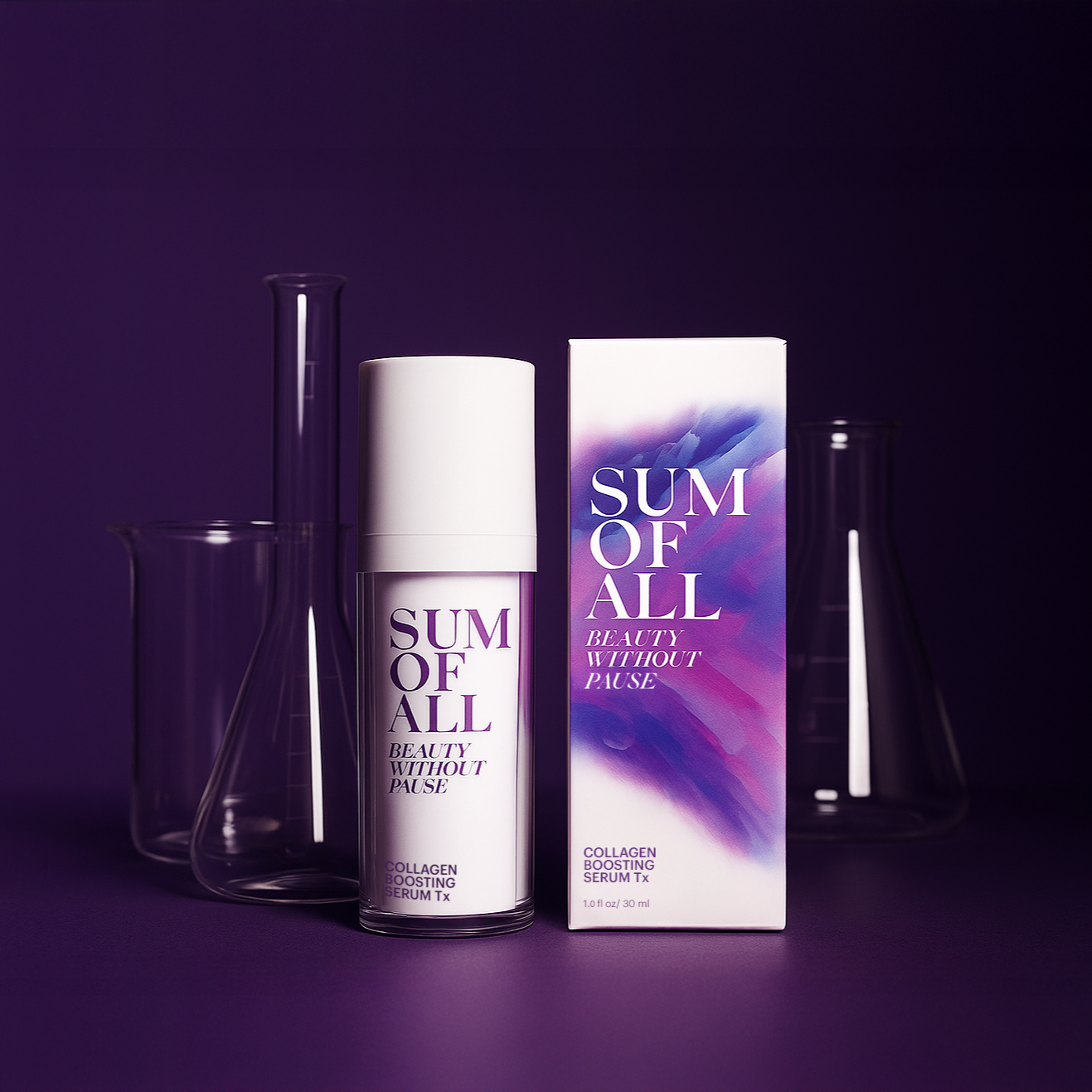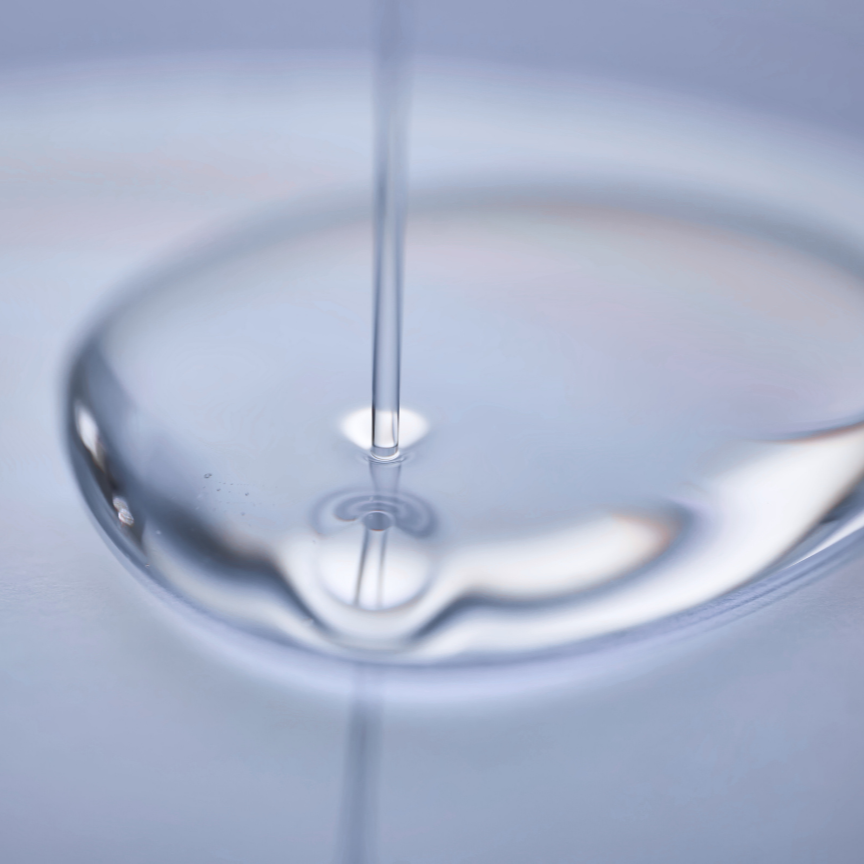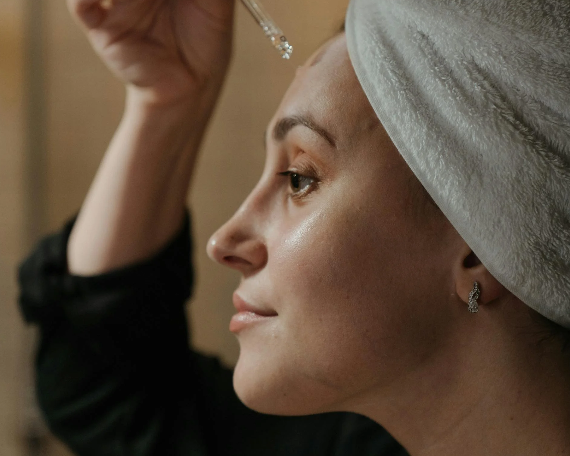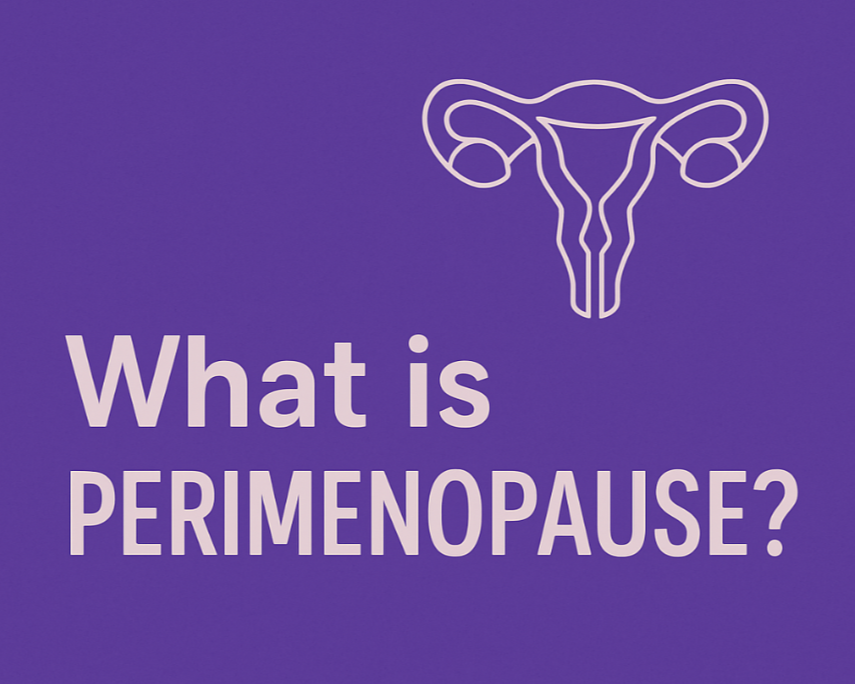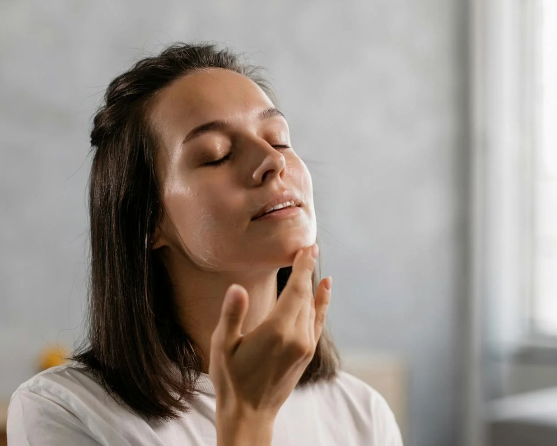There’s a lot of chatter about “anti-aging.” What’s often missed, though, is the real truth about midlife skin changes and why they happen.
Here’s the reality: hormones have a profound impact on your skin, especially as women transition through perimenopause, menopause, and postmenopause. These hormonal shifts can drastically affect how your skin looks, feels, and behaves.
If you’ve ever felt like you missed the memo, you’re not alone. Think of this as a gentle guide to understanding your skin better - not fixing it, but supporting it.
So, What’s Happening to Your Skin?
As you move through your 40s, estrogen, progesterone, and collagen levels start to decline. While you may not see changes right away, your skin is evolving beneath the surface.
Less collagen means less firmness.
Lower estrogen means thinner, drier skin.
Slower cell turnover results in dullness and texture changes.
A weaker barrier increases sensitivity.
It’s not just about wrinkles or dryness - it’s about how your skin functions. Suddenly, products that always worked might stop delivering results, or you might notice new pigmentation, redness, or loss of volume.
This isn’t bad skin. It’s midlife skin. And it simply needs new support.
Why Traditional Skincare May Not Work Anymore
Most skincare is designed for either oil control or anti-aging, but hormonal skin doesn’t fit neatly into those categories. It can feel dry one week and reactive the next.
As estrogen declines, the skin can lose up to 30% of its collagen within the first five years of menopause, according to research in the British Journal of Dermatology. This loss makes the skin more vulnerable to dehydration and irritation.
Midlife skin needs hydration that penetrates deeply, gentle actives that support renewal, and ingredients that work with your hormonal shifts - not against them.
That’s where science-backed ingredients like plant-based peptides, phytoestrogens, and adaptogens come in. Studies show that peptides stimulate collagen production and improve firmness, while phytoestrogens help mimic estrogen’s beneficial effects on the skin’s texture and hydration.
These ingredients are the foundation of our AP² Complex, featured throughout the Sum of All collection. They bring balance, calm, and resilience to hormonal skin.
Redefining “Effective” Skincare
For midlife skincare, effectiveness isn’t about looking a decade younger. It’s about skin that feels comfortable, hydrated, and strong. It’s about waking up with calm, steady, and supported skin.
Midlife skin thrives on consistency, gentleness, and well-formulated science. You don’t need a 10-step routine to see results. Sometimes, the simplest rituals have the most lasting impact.
If you’re unsure where to start, our Renewal Regimen Gift Set introduces hormone-aware skincare designed specifically for transitional skin.
The Emotional Side of Hormonal Skincare
This stage isn’t just about your skin - it’s about identity, comfort, and reconnection. When your skin changes, it can feel like losing a familiar part of yourself.
That’s why skincare can be so powerful. Taking time to care for your skin is also a way to care for your emotional well-being. Research suggests that mindful self-care practices can reduce stress and improve mood, especially during times of transition.
So, allow yourself permission to care differently. To change your routine. To give yourself the compassion and care you deserve right now.
Key Takeaways
Listen to your skin - it’s communicating, not complaining.
Be patient. Hormonal skin takes time to adjust, but the results are lasting.
You’re not alone. Thousands of women are reshaping what midlife skincare means, and you’re part of that change.
Hormonal skin isn’t flawed. It’s evolving - just like you.
Sources
Shuster, S., Black, M. M., & McVitie, E. (1975). The influence of age and sex on skin thickness, collagen, and density. British Journal of Dermatology. https://pubmed.ncbi.nlm.nih.gov/1220799/
Mukherjee, S., et al. (2006). Retinoids in the Treatment of Skin Aging: An Overview of Clinical Efficacy and Safety. Clinical Interventions in Aging. https://pmc.ncbi.nlm.nih.gov/articles/PMC2699641/
McKay, T., et al. (2021). Self-care routines and mental health: Mindful skincare as emotional regulation. Frontiers in Psychology. https://pubmed.ncbi.nlm.nih.gov/34138302/
Read more
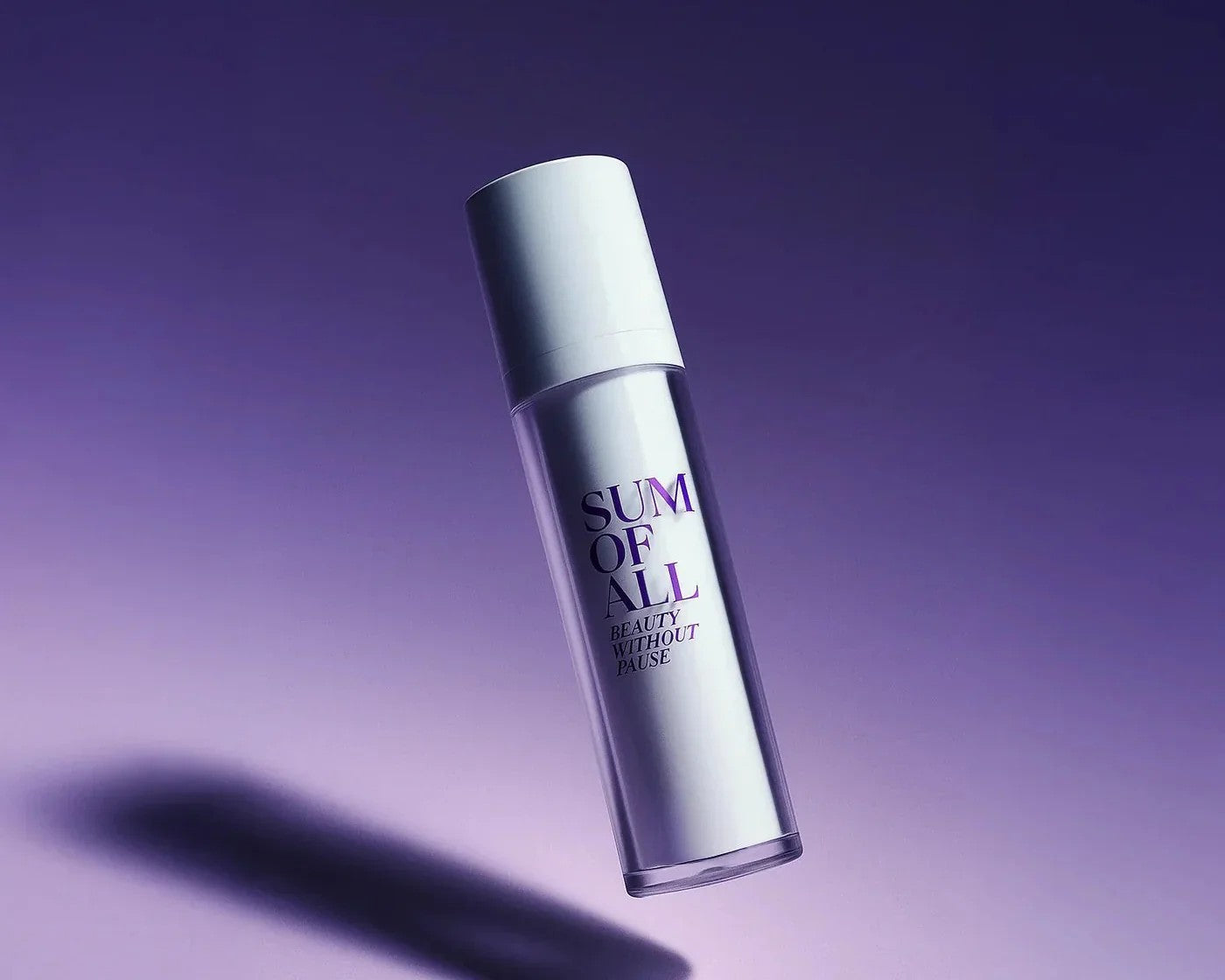
Find answers to some of the most frequently asked questions about our Energizing Day Cream and how it helps support your skin during midlife. What distinguishes a day cream from a night cream? Day ...
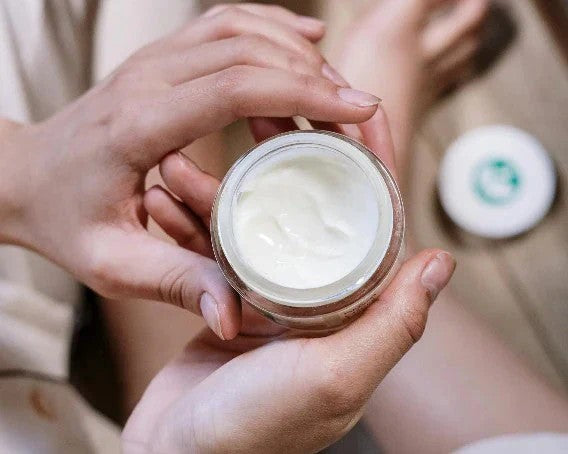
Once you reach your mid-40s, your skin begins to tell its story. It has endured sun exposure, hormonal shifts, late nights, stress, and the many transitions of life - yet it continues to protect an...


